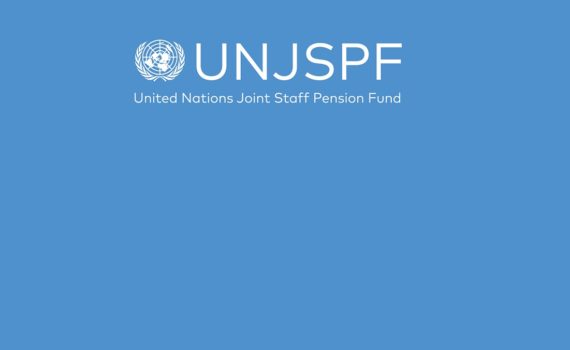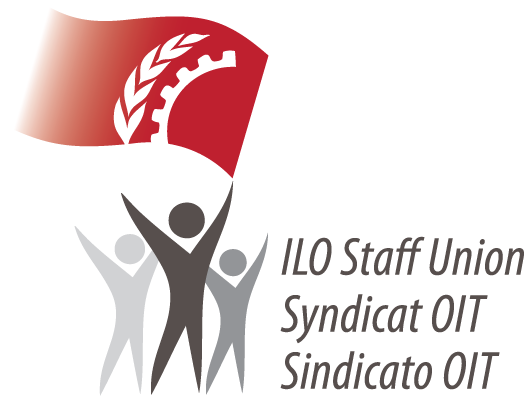
Latest on the UN Pension Fund
Category : Archives
65th Pension Board meeting in Rome
Soon after the publication of the previous update in Message 63, the UN Joint Staff Pension Board met in Rome from 26 July to 3 August 2018 to discuss the current situation of the Pension Fund, and in particular, the Office of Internal Oversight’s report on the governance of the Fund (see below).
Office of Internal Oversight Services Governance Audit
Of the thirteen OIOS recommendations, the Board accepted six and rejected seven, the most notable of which are mentioned below. The recommendations and the Board’s comments on these are taken from document A/73/341 to the 73rd session of the UN General Assembly. The paper was discussed by the Fifth Committee (Administrative and Budgetary) in November 2018 (https://www.un.org/press/en/2018/gaab4301.doc.htm).
Notable recommendations rejected by the Board :
- Proposed changes to the representation and rotation of member organizations on the Fund Board. The Board rejected the recommendation as currently formulated and stated that it intends to establish a working group to “consider issues of participation, rotation and fair and equitable representation, without any presumption of outcome and taking into account the Board’s previous review on the matter.”
- Proposed separation of the function of the Board Secretary and the Fund’s Chief Executive Officer, and creation of a new independent Board Secretariat. The Board indicated that it considers the creation of an additional body to serve as Board Secretariat to be unnecessary and could have bu8dgetary implications. The Board stated that it would establish mechanisms to ensure the proper segregation of roles, such as in relation to the setting of the Board’s agenda.
- The proposal that the Board should determine the number of seats to be allotted to retiree representatives and facilitate their direct election as full Board members with voting rights. Currently representatives from the Federation of Associations of Former International Civil Servants (FAFICS) defend the interests of retirees at the Board and fully participate in the Board with the exception that they do not have a vote. The Board rejected this recommendation because it would undermine the tripartite nature of the Board and because retirees are not affiliated with member organizations. Concerns were also expressed about the potential cost and the doubt that direct elections would in reality improve retiree representation.
See document A/73/341 OIOS Report to the UN General Assembly on the Governance Audit (http://www.undocs.org/A/73/341), document A/73/9 Report of the UNJSPF Board’s Report on the OIOS Governance Audit (https://undocs.org/en/A/73/9) and OIOS’ comments on the UNJSPF Board’s Report (https://oios.un.org/resources/2018/11/bBzlau6P.pdf) for further information.
Financial health of the Fund
Following the meeting in Rome the Board issued a communiqué, which confirmed the information given in our previous article: that the Fund is currently in sound financial health. The Fund assets at 31 December 2017 were $64.1 billion with a small actuarial deficit of 0.05% of pensionable remuneration. The investment performance for 2017 was extremely strong (due to buoyant financial markets during that year but which are unlikely to continue in the medium-term), achieving a nominal investment return of 18.6%, thus exceeding the 3.5% real rate of return needed to ensure the Fund’s long-term solvency. Now a mature Fund, the ratio of beneficiaries to active participants is growing and benefits exceeded contributions by some $272 million in 2017. It should also be noted that the number of active participants actually fell in 2017 by 1.2% as against the actuarial assumption for 2017 of a 0.5% increase. The Board is aware that there is no room for complacency and that it is more vital than ever that the investment performance meets or exceeds the target of 3.5% annual real rate of return.
Operational issues
The Board stated that following the clearance of backlogs between August 2015 and the second half of 2017, IPAS is now functioning satisfactorily albeit with room for improvement. Nevertheless, only 62% – against a target of 75% – of cases had been processed in 2017 within 15 working days of the receipt of complete documents.
Human Resources
In the last update we advised that the CEO, Sergio Arvizu, had been on long-term sick leave since August 2017. It has now been confirmed that he will leave the UN on 7 January 2019. The Deputy CEO was due to retire at the end of August 2018 but was extended up to 31 December 2018 while the process to find his replacement was underway. Unfortunately, following allegations by the UN participants’ representatives of irregularities in the recruitment procedures and the selected candidate’s qualification for the post, the candidate withdrew his candidacy. At the time of writing we do not know where the process to replace the CEO and Deputy CEO currently stands.
 The Section of Former Officials of the ILO
The Section of Former Officials of the ILO